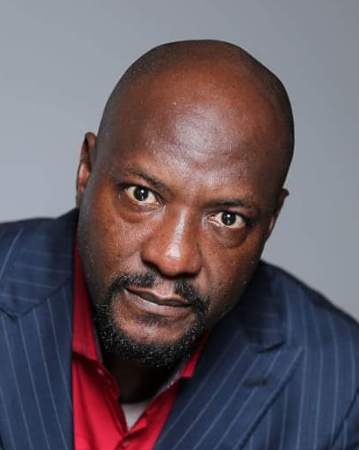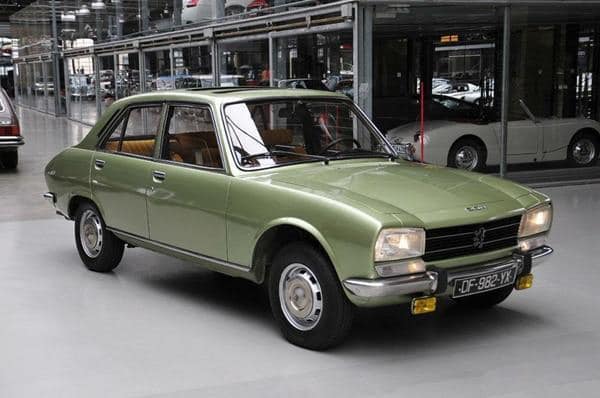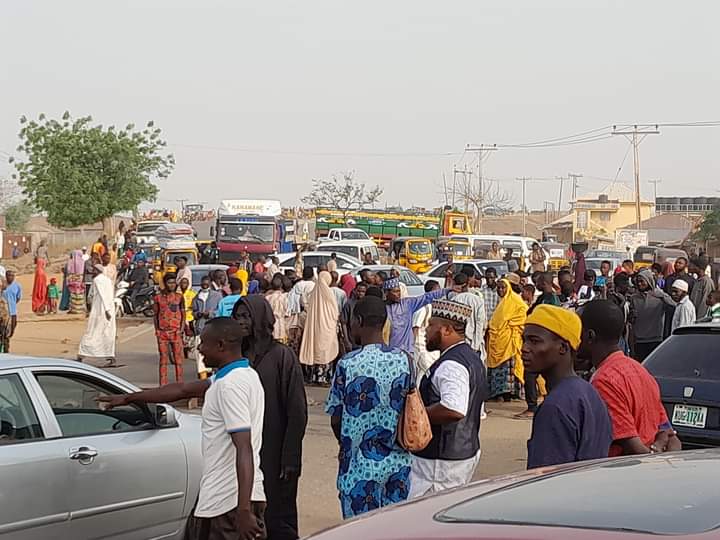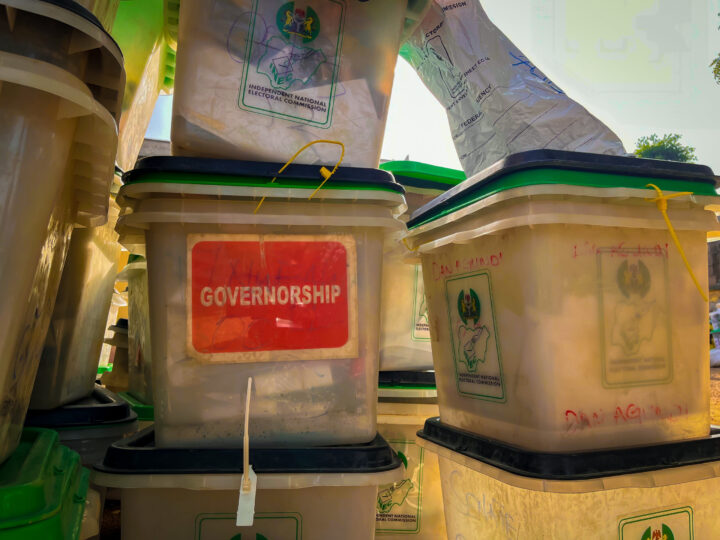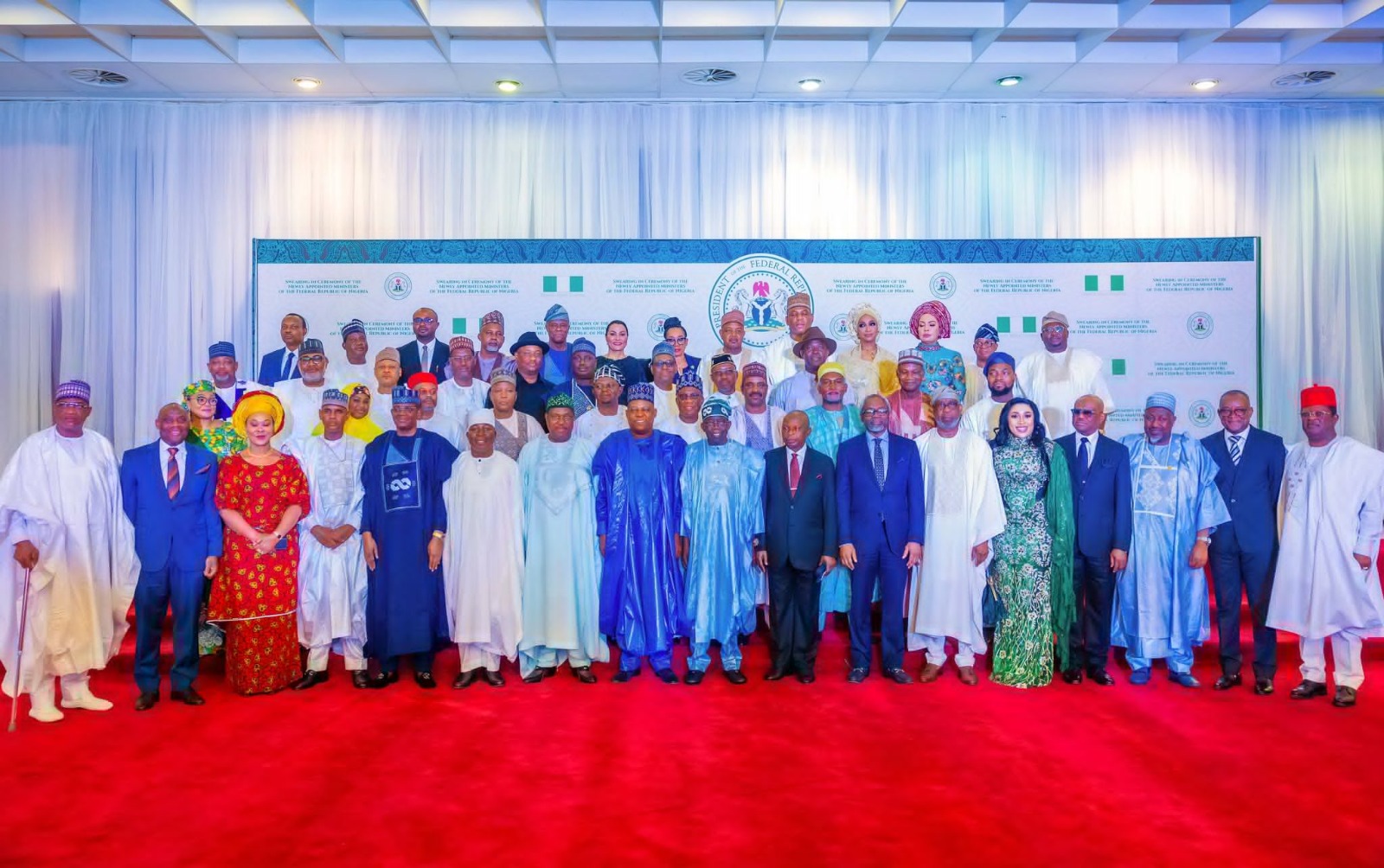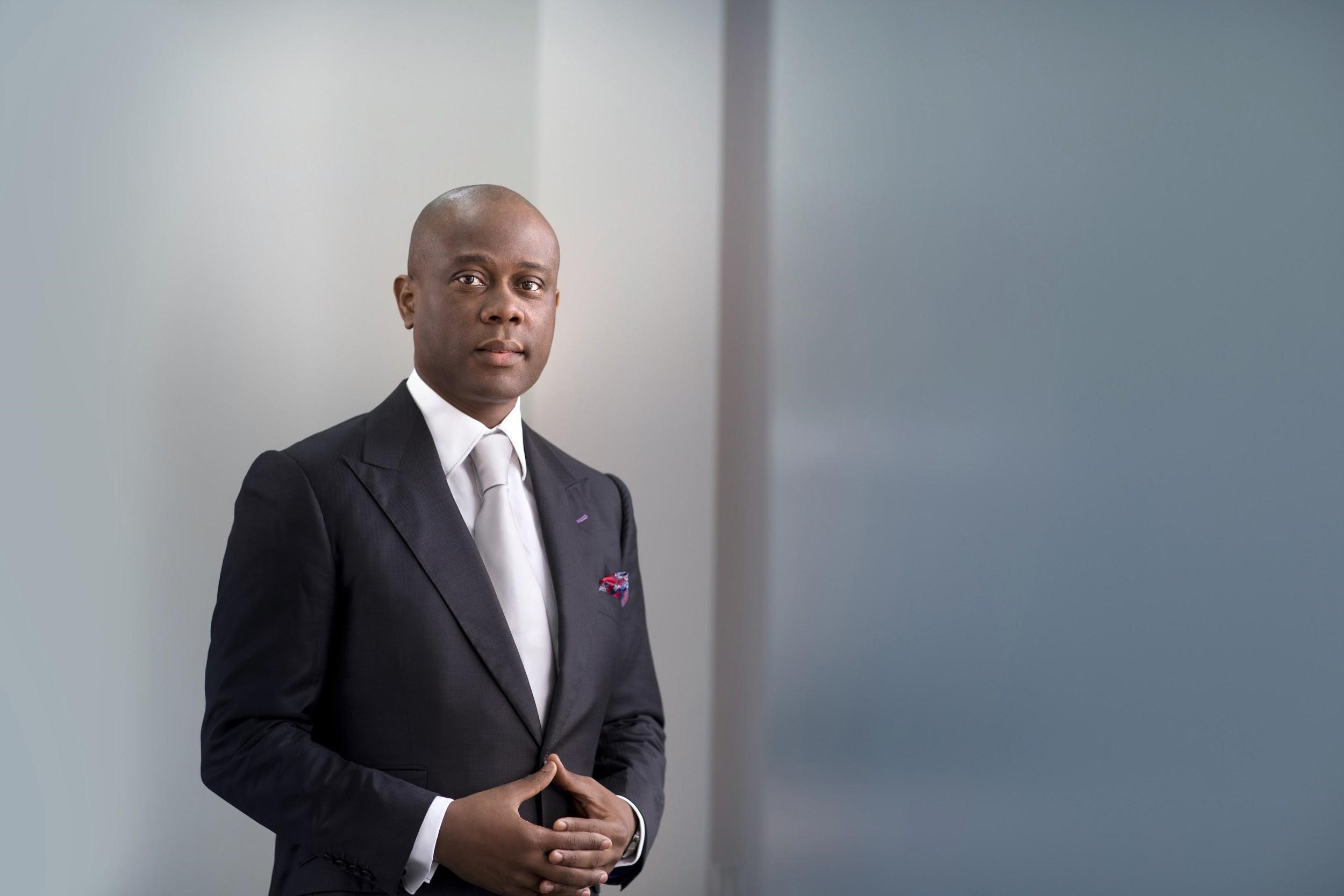In 1976 when fate thrust the leadership of the country on the then young Gen Olusegun Obasanjo, he instituted a policy that stipulated that all government vehicles must be made in Nigerian vehicles. As a result of this, all government ministries, departments and agencies restricted themselves to the use of Peugeot and Volkswagon products which were the only two brands of cars being assembled locally at the time. To set an example, the Head of State also limited himself to the use of a Peugeot 504 which was the average man’s car in those days and was also being used by subordinate civil servants.
As a result of this, even private individuals were encouraged to patronize the made-in Nigerian vehicles, and as a result of this up to 70% of cars on Nigerian roads at the time were made in Nigerian vehicles. The resultant effect of this was that thousands of jobs were created down the value chain while Nigeria saved hundreds of millions of dollars annually in vehicle import costs and at the same time we were creating a solid industrial base for the country.
Sadly, the succeeding civilian administration that they handed over to in 1979 decided to dump the policy and instead opted for the use of imported exotic vehicles that they considered befitting for their new status. The exotic brands became so synonymous with the government that the choice of vehicle that the president was using, a Mercedes Benz 500SEL was nicknamed after the president and popularly called “Shagari Benz”.
The civilian administration was short-lived and the military boys soon returned to power after the military putsch of December 1983. The military leadership again decided to stick with the policy of using made-in Nigerian vehicles and avoid the flamboyance that they criticized the civilians for in managing the affairs of the country. The policy was maintained by successive military administrations until we returned to civil rule in 1999.
Advertisement
Incidentally, it was the same Obasanjo who introduced the policy as military Head of State in 1976 that assumed power as the civilian President in 1999. However, for reasons that are not very clear, he decided to dump the policy and opted for the use of foreign brands of vehicles for the presidential fleet. As a result of this, even governors that started with the use of made-in Nigerian Peugeot vehicles in 1999 soon dumped them in favor of more exotic imported vehicles.
As of today, the trend amongst our politicians and top government officials is to use the most expensive Toyota Landcruiser SUVs, Mercedes Benzes, Range Rover SUVs, and Lexus SUVs which cost the government billions of dollars to purchase periodically.
There was a glimmer of hope that we might be returning to the “made in Nigeria” policy when in 2013 the Jonathan-led administration introduced the “Nigeria Automotive Industry Policy” which was designed to boost the local production of vehicles in the country. As a result of the policy, over twenty-five vehicle manufacturers were licensed to build/assemble vehicles in the country and the natural next step would have been to introduce the “made in Nigeria” policy to support them. However, this did not happen because the succeeding Buhari administration showed very little interest in implementing the policy or growing the economy.
Advertisement
With over twenty local vehicle manufacturers in the county today, all operating sub-optimally coupled with the prohibitive cost of foreign exchange in the country and it’s resultant effect on the cost of imported vehicles, the time is ripe for the government to re-visit the “made in Nigeria” policy not only to support our local industry but also to help reduce the demand for foreign exchange in the country and thereby strengthen the Naira in the process.
Imagine the effect it will have on the economy if the president makes an executive order today that from now on, all purchases of vehicles by the government, be it ministry, departments or parastatal must be made from Nigerian vehicle manufacturers and the president goes ahead to set an example by changing the whole presidential fleet including the presidential car to made in Nigerian vehicles.
Imagine how much more impact the policy will have if the States and Local governments are encouraged to adopt the policy, then let’s push it further by asking the state governments to implement a policy that will stipulate that only Nigerian-made vehicles will henceforth be licensed as commercial vehicles while giving a five years deadline to phase out the existing imported commercial vehicles on our roads.
The resultant effect will be a massive boom in our local manufacturing industry which will create millions of jobs down the value chain while saving the country billions of dollars in foreign exchange annually. By so doing, we will not only be giving the economy a boost at no extra cost to the government, we will also be laying a very solid foundation for the industrial development of the country.
The “made in Nigeria” policy can also be replicated in the textile industry by the government mandating that the fabric for the uniforms of all uniformed public servants must be sourced from local manufacturers. This will include the Police Force, Nigerian Army, Navy, Airforce, Customs, Immigrations, Civil defense and every other uniformed service.
Advertisement
The State governments should also be encouraged to adopt the policy and ensure that the uniformed services under their control adopt the same policy while all public schools controlled by the Federal, State and Local governments also adopt the policy. By so doing, we will not only be revamping our textile industry, we will also be creating jobs, saving our foreign exchange and supporting the growth of the economy,
With a well implemented “made in Nigeria” policy, we will not only be saving the country over two billion dollars worth of foreign exchange annually, we will also be creating jobs for our people, growing our economy, and increasing government revenue through taxes while also strengthening the value of our Naira. As Nigerians, we all have a collective responsibility to support the growth of our economy but the onus falls on the government that has been given the mantle of leadership to lead us on this path and set the right example.
Oshobi, a development economist and management consultant writes from Lagos
Views expressed by contributors are strictly personal and not of TheCable.
